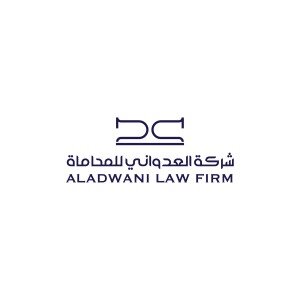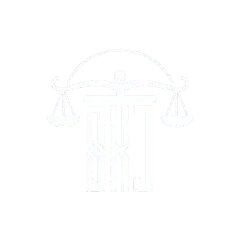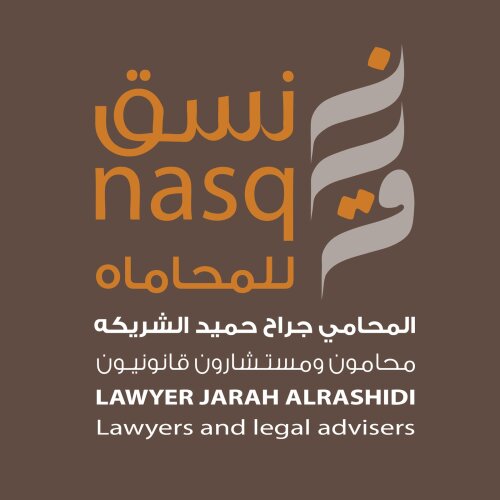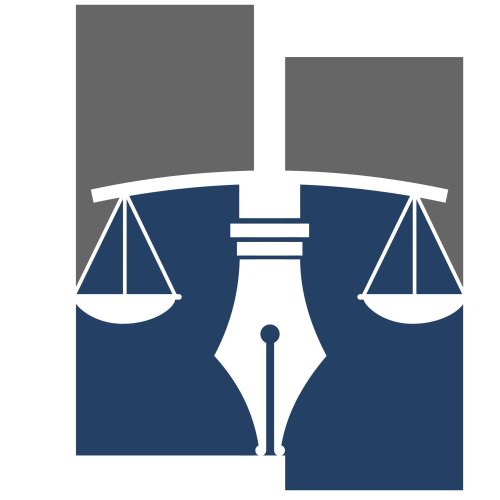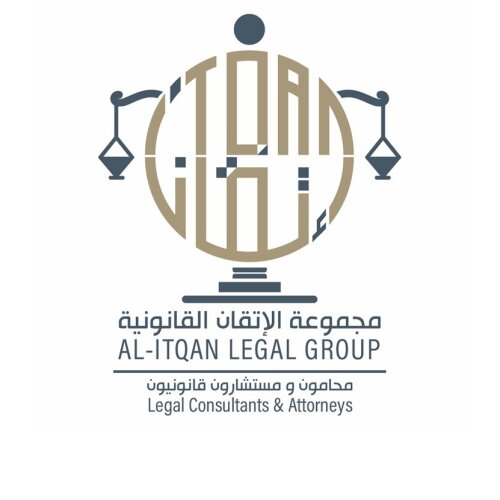Best Creditor Lawyers in Kuwait
Share your needs with us, get contacted by law firms.
Free. Takes 2 min.
Or refine your search by selecting a city:
List of the best lawyers in Kuwait
About Creditor Law in Kuwait
Creditor law in Kuwait is governed by a set of regulations that encompass both personal and corporate financial obligations. This legal framework dictates how debts are recovered, the rights of creditors, and the protection offered to debtors. The Kuwaiti legal system allows creditors to pursue their claims through multiple legal channels ranging from informal negotiations to court proceedings. Given the complexities involved, especially in cross-border transactions, understanding the nuances of creditor law in Kuwait is crucial for both creditors and debtors alike.
Why You May Need a Lawyer
There are several scenarios where consulting a lawyer specializing in creditor law could be invaluable:
- Debt Recovery: When personal or business debts remain unpaid, a lawyer can help navigate the legal process to recover those debts effectively.
- Contract Review: Before entering any financial agreements, ensuring contracts protect your rights as a creditor is vital and a lawyer can assist in this regard.
- Bankruptcy Proceedings: If a debtor is entering bankruptcy, understanding how to assert your claims becomes crucial.
- Dispute Resolution: Legal disputes may arise during debt collection; lawyers can offer mediation or represent you in court.
- Enforcement of Judgments: After obtaining a legal judgment in your favor, executing it can still be challenging and legal counsel ensures proper enforcement.
Local Laws Overview
Kuwaiti creditor law involves several key statutory provisions:
- Obligatory Transactions Law: Dictates terms of credit agreements and obligations of involved parties.
- Civil and Commercial Procedures Law: Outlines procedures for financial claims and disputes resolution.
- Bankruptcy Law: Establishes guidelines for proceedings when individuals or businesses can't meet financial obligations.
- Secured Transactions Law: Addresses the use of collateral in securing financial claims.
These laws collectively ensure fair practices but require adept understanding to navigate effectively in legal contexts.
Frequently Asked Questions
What steps can creditors take in Kuwait to recover outstanding debts?
Creditors can begin with informal negotiations, proceed to filing a legal claim, and, if needed, seek court intervention for debt recovery.
Is interest on overdue payments allowed?
Yes, Kuwaiti law allows for interest on overdue payments, but it is subject to specific legal limits and conditions.
How does bankruptcy filing affect creditors?
Once bankruptcy is filed, creditors must follow court procedures to assert their claims, and debt recovery may be delayed or affected by asset liquidation terms.
Are there any specific formalities for writing a debt agreement?
While Kuwaiti law does not mandate strict formalities, written agreements with clear terms are advisable for enforceability and clarity.
What is the role of collateral in creditor claims?
Collateral provides a security interest that can be enforced if a debtor defaults, giving creditors a better chance of recovering the owed amount.
Can I pursue cross-border debt collection?
Yes, but it involves additional complexities such as understanding jurisdictional laws and typically requires specialized legal expertise.
What if the debtor disputes the debt?
Legal proceedings may become necessary, and lawyers can facilitate negotiation, mediation, or represent you in court to resolve such disputes.
How do creditor priorities affect debt recovery?
In bankruptcy or debt recovery, certain creditors may have priority based on legal categories, impacting the order and amount of recovery.
How can I ensure my rights as a creditor are protected?
Engage in thorough contract reviews, legal consultations, and timely legal actions to safeguard your financial interests.
Are there legal avenues for amicable debt settlements?
Yes, legal frameworks support mediation and negotiation, offering solutions that can prevent prolonged court disputes.
Additional Resources
For someone seeking legal advice in creditor matters, the following resources can be beneficial:
- Kuwait Ministry of Justice: Provides information on legal procedures and services.
- Kuwait Lawyers Association: Offers a directory of licensed professionals in creditor law.
- Chamber of Commerce: Supplies guidance on business-related creditor issues.
Next Steps
If you need legal assistance on creditor issues, consider the following steps:
- Consultation: Arrange an initial consultation with a specialized creditor law lawyer to discuss your case and options.
- Documentation: Gather all relevant documents and evidence to present a comprehensive overview of your situation.
- Strategy: Work with your lawyer to formulate a strategy tailored to achieving the best outcome for your situation.
- Follow Legal Processes: Ensure to follow through on advised legal strategies and remain engaged throughout the legal process.
Acting promptly and with the right legal guidance can significantly enhance the prospects of a successful resolution.
Lawzana helps you find the best lawyers and law firms in Kuwait through a curated and pre-screened list of qualified legal professionals. Our platform offers rankings and detailed profiles of attorneys and law firms, allowing you to compare based on practice areas, including Creditor, experience, and client feedback.
Each profile includes a description of the firm's areas of practice, client reviews, team members and partners, year of establishment, spoken languages, office locations, contact information, social media presence, and any published articles or resources. Most firms on our platform speak English and are experienced in both local and international legal matters.
Get a quote from top-rated law firms in Kuwait — quickly, securely, and without unnecessary hassle.
Disclaimer:
The information provided on this page is for general informational purposes only and does not constitute legal advice. While we strive to ensure the accuracy and relevance of the content, legal information may change over time, and interpretations of the law can vary. You should always consult with a qualified legal professional for advice specific to your situation.
We disclaim all liability for actions taken or not taken based on the content of this page. If you believe any information is incorrect or outdated, please contact us, and we will review and update it where appropriate.
Browse creditor law firms by city in Kuwait
Refine your search by selecting a city.



